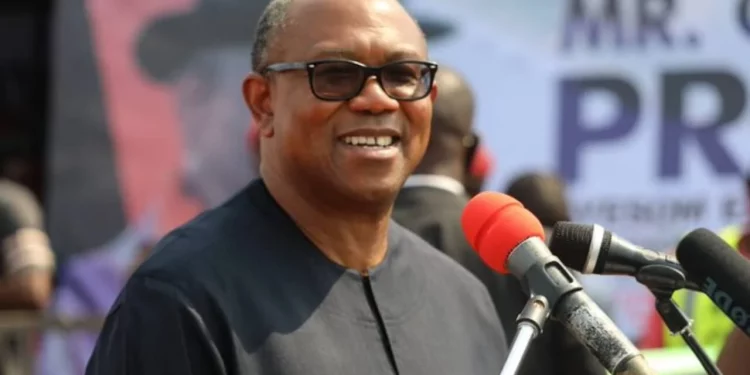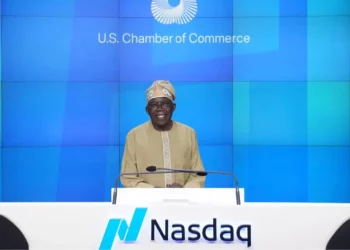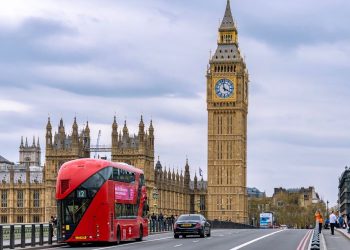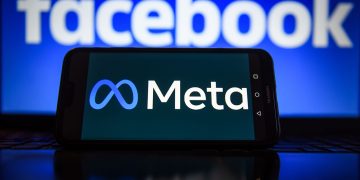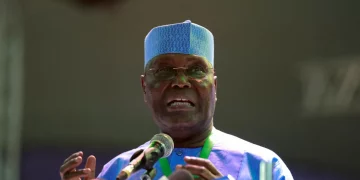The presidential candidate of the Labour Party (LP), Mr Peter Obi has weighed in on the ongoing storm about fuel subsidy and the controversies it has generated recently as a result of the ongoing fuel scarcity in the country.
The Labour Party presidential candidate have said categorically said that Nigeria`s concept of subsidy for the Petroleum Motor Spirit (PMS), which is popular called fuel in Nigeria is a scam.
He also said that there are so many scams in the system, which includes the cost of governance in the country.
The LP flagbearer in the 2023 presidential election disclosed this during a TV interview that was monitored by a Clariform reporter on Wednesday morning on the Arise TV channel.
“I have been saying subsidy is a scam, and I will continue to say it. There are so many scams all over the place, including the cost of governance.” Obi said on Arise TV.
Whether he will remove Subsidy
Mr Obi was asked if he will remove fuel subsidy if elected the next Nigerian president, and he bared his mind without mincing words.
He said that fuel subsidy is not beneficial to the economy of Nigeria and therefore, he will prefer to remove it but only if there is preferred alternative that he can offer the people in the place of fuel subsidy.
However, Obi also said that he will have to weigh things properly before deciding on what is best for the country.
Notable Quotes
He said, “We have to study and look at it critically. Yes and No, because I would remove it, but I have to offer them what would be equivalent to what we are removing.”
“We have spent over $40 billion on subsidy. Our total education expenditure in the past 10 years is about N8 trillion (about $20 billion on $400/$1). This is 50 percent of it.”
“If we spent $20 billion in power, we would have been generating and distributing 20,000 megawatts of electricity today.
“It means subsidy alone would have solved a lot of issues in our education, health and in power. If we have 20,000mw, we will be growing at more than 4 percent and add over $100 billion to our GDP.
“Within the same period, we’ve borrowed $90 billion, which we’re servicing. With this, you could see total mismanagement of resources that could have changed the entire north… that vast land would have been huge farmland.”
“We have to study and look at it critically. Yes and No, because I would remove it, but I have to offer them what would be equivalent to what we are removing.
“Yes, I am going to use the resources to do something that would benefit the country, but if I am not going to do that, then I am not going to remove it. You must be able to offer something in replacement for what you are going to do.
“I cannot spend $40 billion on subsidy and expended 50 percent of it on education and health even security. Are you saying [petrol] subsidy is more important than the security of lives and property?
“I have been saying subsidy is a scam, and I will continue to say it. There are so many scams all over the place, including the cost of governance.”
Background
Clariform have earlier reported that following the recent disruptions in the supply of the Premium Motor Spirit (PMS), popularly called petrol in Nigeria, which has caused serious scarcity and increase in the pump price of the product where available, the House embarked on the investigation of fuel subsidy.
The House is seeking to find out if the amount of money reportedly spent by government in the fuel subsidy policy actually corresponds with the rate of fuel consumption in the country.
Following the absence of these government officials in a public hearing organized by the Committee of the House of Representative, the Deputy Majority Leader of the House lamented that their absence could be seen as an attempt to frustrate the investigation by the House.
The Deputy Majority Leader, Peter Akpatason, represented the Speaker of the House, Hon Femi Gbajabiamila, at the Committee hearing.
Takeaway
Clariform reports that governments available data on fuel subsidy shows that just in the last 5 months alone, payments for the subsidy have gulped about N1.27 Trillion.
This humongous figure represents about 31 percent of 2022 budget of N4 Trillion. This alarming figure indicates danger to the Nigerian economy as the disclosure further shows that almost all oil revenue so far have been eroded by fuel subsidy alone.
This disturbing reality became a concern when the nation`s Petroleum Company (NNPC) Limited failed to remit any revenue to Nigeria`s Federation Account.


